Got toothache?
Toothache can often cause disturbed sleep, inability to eat, and even make it difficult to open the mouth at all. If left, a badly infected tooth or gum problem can lead to infection and swelling of the oral tissues. Regular check-up examinations by your dentist can identify problems early and prevent toothache from occurring.
Dental decay is caused by sugary diet and inefficient plaque removal. Dental toothache can be prevented by brushing twice daily with a fluoride toothpaste and cleaning inbetween the teeth with dental floss or interdental brushes.

Causes of toothache
Toothache can hit us at any time and there can be many causes of toothache. One of the main reasons is from rotten or decaying teeth. This is where decay has established itself in the tooth and has spread to the sensitive pulp (where nerves and blood vessels are contained) causing pain in response to hot/cold or sweet stimuli.
If decayed teeth are left, the decay will spread into the pulpal (centre) part of the tooth causing death of the nerves and blood vessels known as the pulp or root canal. This will eventually lead to a dental abscess which is a swelling at the end of the tooth. Pain with a dental abscess is commonly throbbing and continuous and usually in response to pressure making it difficult to eat.
Other causes of toothache are broken/fractured fillings, broken/fractured cusp of tooth, exposed roots of teeth caused by gum recession or over brushing and dental treatment itself can cause post operative pain due to irritation of the nerve. There are other origins of pain that may cause apparent toothache such as sinusitis or facial neuralgia, it is important that you seek your dentists advice if you are suffering toothache or facial pain or pressure.
Emergency treatment
At our Ideal Dental Care practices we offer prompt emergency dental treatment for our existing patients and also for visitors to the area in order to deal with their dental pain.
The dentist will assess the cause of the pain and may need to take x-rays to help with diagnosis. Your dental practitioner will inform you of the findings and give you the options of treatment for the tooth. In all cases the toothache will be dealt with and the tooth temporarily restored until an appointment is made for further treatment.



